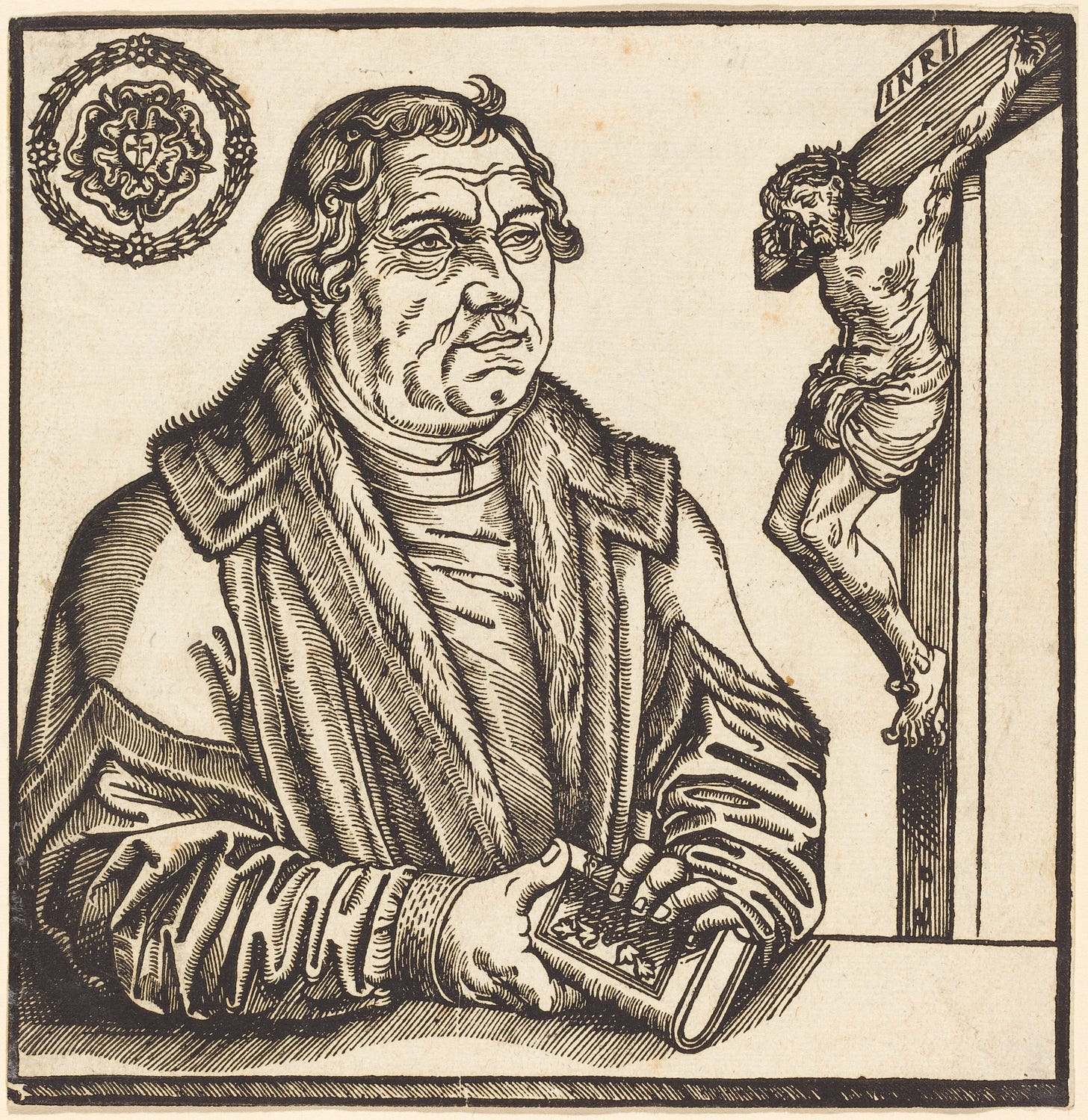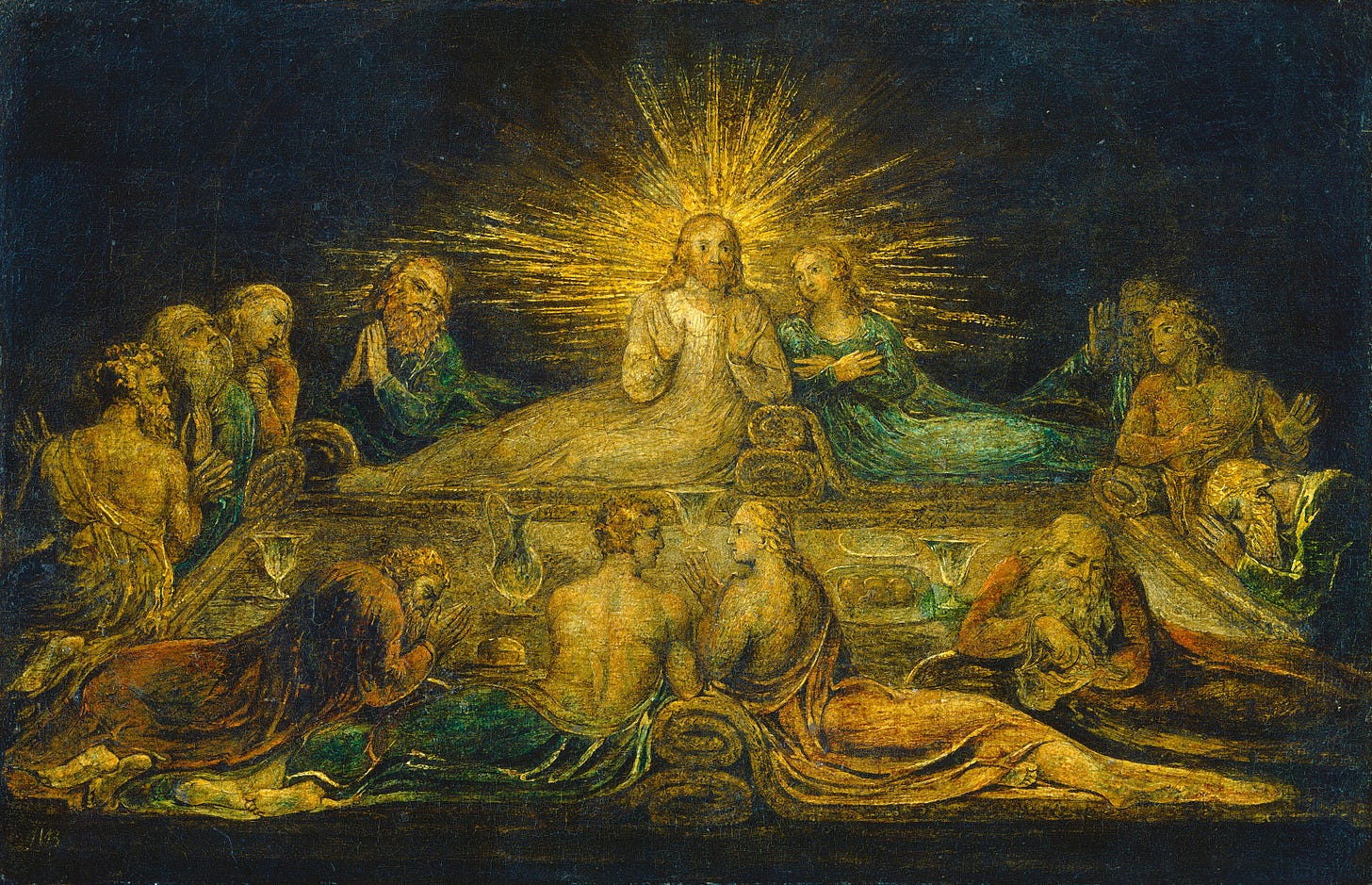Come Ye Sinners, Poor and Needy
Before I left the Anglican Church to become Orthodox, I asked my (Anglican) parish priest if he was concerned about my conversion to Orthodoxy. Not really, he said.
He gladly blessed my wishes to become Orthodox (in true Anglican fashion).
However, while not a concern properly speaking, he wished to share a lingering thought about Orthodox piety. Based on his interactions with Orthodox, he felt quite reassured that Orthodox clergy possessed a true and living Christian piety…but, he was less confident about the faith of common, everyday Orthodox Christians. As he related it, every conversation he’d ever had with Orthodox laity left him wondering, Where is your faith?
Nominalism. We can be honest: nominalism is an issue in the Orthodox Church. No use denying it. It’s lamentable, but it’s also inevitable. Lamentable because the hope of the Orthodox Church is to revive the human soul and awaken it from the slumber of sin; when this is not the case, the Church grieves. Inevitable, however, because nominalism arises out of a fault in human nature. Where humans are present, nominalism follows close behind, creeping at the door of each malformed human soul.
In other words, this issue plagues all Christian traditions — in fact, all of the world’s religions, whether Christian or not — because it plagues humankind. Orthodox nominalism has nothing to say about the sufficiency or deficiency of Orthodoxy. It speaks rather to the apathetic deficiency of the human soul. The concern, then, of any Christian tradition should not primarily be about the eradication of nominalism, i.e. of sin, but about the remedy it offers for this sinful malady and all others which are always and everywhere present. Is it a good remedy? Is it efficacious?
What kind of faith? My Anglican priest’s interactions with Orthodox Christians left him asking, Where is your faith? Alternatively, Protestants leave me wondering, What kind of faith is that? After all, having faith doesn’t mean one has good faith or true faith; it doesn’t mean it’s Christian faith.
How many Protestants are there who can’t recite the Nicene Creed, or who’ve never even heard of it? How many have never heard of the Ecumenical Councils? How many Protestant pastors are there — individuals entrusted with the spiritual well being of Christians and whose duty it is to know the historic Christian faith as it has been passed down from the Apostles and to teach it to their flocks — who wouldn’t even know the first confession made in the Creed; or how to speak of the Trinity in an orthodox way; or how to formulate the union of Christ’s humanity and divinity according to the confession of the Council of Chalcedon; or what any of the Church Fathers wrote? Shall I keep going?
How many well-to-do Protestants believe unknowingly in Christological heresies? (Don’t know any? You haven’t looked hard enough. Or you just haven’t dared to ask.) How many Protestants know (like actually know) the beliefs of Luther and Calvin — the two chief leaders of the Reformation who justified (albeit, imperfectly) their rejection of Rome precisely on practices, writings, and doctrines of the Church Fathers that contemporary Protestants consider a bunch of misguided balderdash? Most Protestants I know have no clue what the Reformers believed and would in fact reject many of their beliefs as “Roman Catholic” without realizing it belongs to the historical doctrines of their own tradition — the true presence of Christ in the Eucharist; the need for godly bishops; baptismal regeneration; sacraments.
At the risk of overgeneralizing, Protestantism is (largely) unaware of what Christianity has confessed or done in the past — or as I like to say, it suffers from chronic historical-and-theological amnesia. If not at the level of clergy, this is at least an issue among the laity. (Although, I would argue it’s just as present among clergy).
Can this a-historical, theologically uniformed Protestantism possibly be Christian? Can it offer any remedy to the slumbering soul in need of revival and salvation? (And if you’re thinking your Protestant tradition doesn’t have this issue, or if you’re thinking you as a Protestant don’t have this issue: Wonderful. One Protestant denomination out of how many? One Protestant out of how many? You cannot truthfully state that you or your tradition is the norm across all of Protestantism.)
On the flip side, Orthodoxy far surpasses Protestantism in its capacity to tend to the apathetic soul and bring salvation to man because the Orthodox faith is truly a full and firmly-founded Christian faith — and a Christian faith is a vivifying faith, a divinizing faith, a saving faith.
In the care of the Orthodox Church, the slumbering individual is provided with the Holy Scriptures and the Sacraments, the Creeds and Councils, and the rich writings of saints and holy Christians throughout the ages; the individual is led in the right worship of God according to the rites of rich and robust worshiping traditions which provide everything from beautiful hymns to theologically wondrous prayers to resplendently adorned temples filled with icons, incense, vested clergy, and more; s/he is held to a high and holy standard of asceticism through the disciplines of prayer, fasting, and giving to the poor as exemplified by the lives of the saints.
Truly, by these provisions (and many more) provided by God to humankind in the Orthodox Church, any deficiency in human nature, be it in spirit or in body, can be overcome. Any cognitive divergence from the truth, whether by choice or by accident, is confronted. Any weakness incapacitating man to lead a life of true contrition and of faith alive in good works is aided. Any sin or stain, any vice or tyrannical desire that rules unchecked and wreaks havoc on the internal life of man finds its (triumphant) rival. Any ailing soul can find its healing balm in the Orthodox Church.






